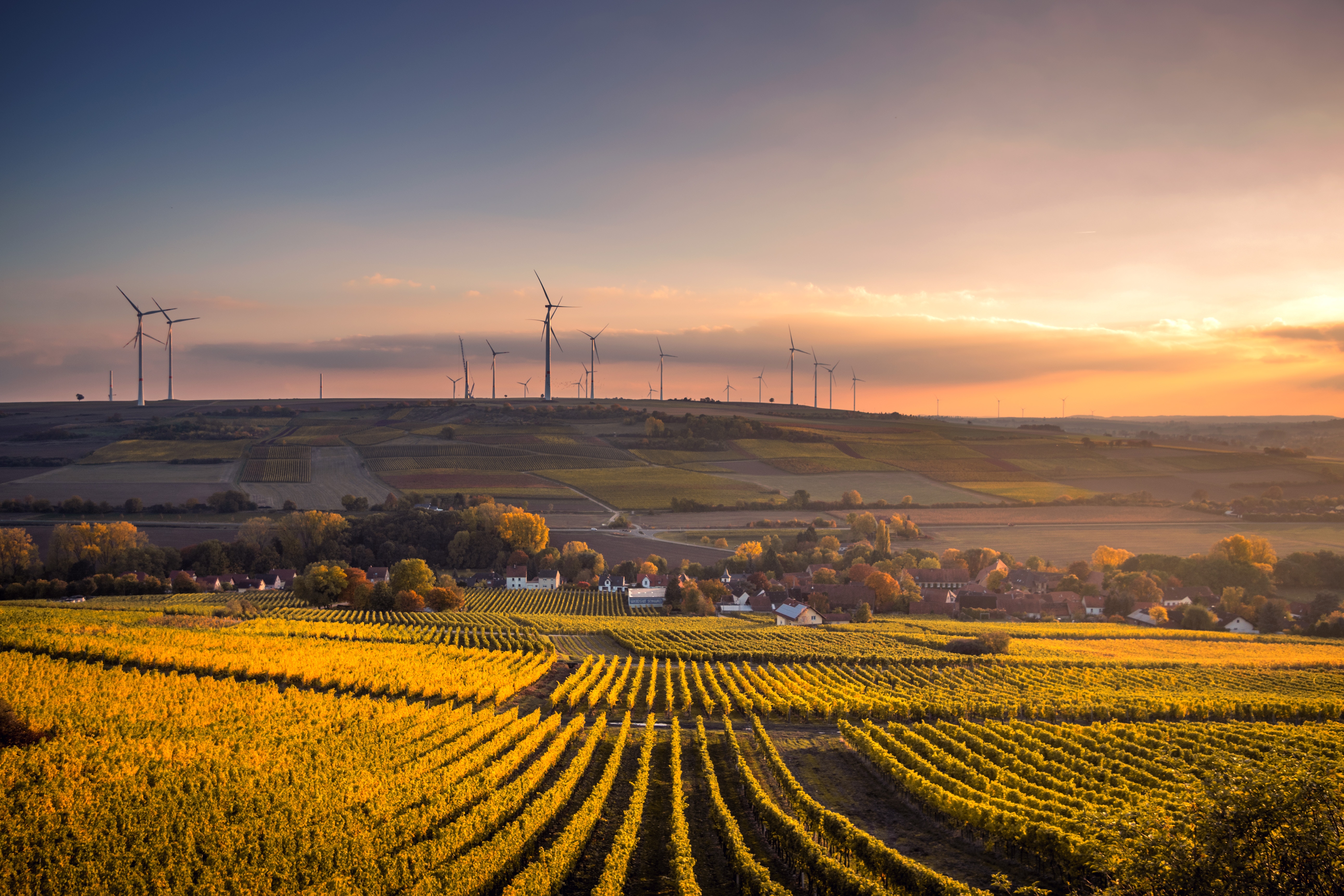The energy sector is seeing a lot of huge transitions—and you don’t need to be working in it to have noticed.
In the past year, a multitude of conditions has continued to plague the industry. Problems related to the energy sharing sector include support for regulation frameworks, fair policy pricing, new energy models, network balancing, smart payment and smart billing.

Globally, there have been critical shifts in energy prices and production – producers of oil and gas have cut costs, having deferred close to $400 billion. There’s also been an overall economic decline in emerging economies which, with their instability and geopolitical transitions, have redistributed energy supply and demand. As a result, fossil fuel prices have also been declining rapidly—threatening to further exacerbate climate change.
Despite all this, clean energy investment hit a record high of nearly $330 billion in 2015, six times higher than in 2004, with a third of it coming from China. In addition to this, the COP21 agreement could provide further impetus to growth in clean energy, as governments all over the world implement policies to deliver on commitments.
But as history has shown, energy markets are volatile. In the same way that we can’t predict the future of climate change through the weather forecast, it’s impossible to properly assess the transformation of the energy market just by observing a handful of recent developments.
Certain considerations are significant for the future of energy--
• Energy mix diversification: with renewables rapidly gaining market share, sources of electricity are no longer limited to fossil fuels. Distributed generation is growing rapidly, its installed capacity expected to increase twofold in the next ten years. As the energy generation portfolio continues to diversify, new challenges are emerging, requiring changes to the electric utility business model and regulatory policies to guarantee a reliable and steady supply. Despite the positive development of renewables, they also bring new problems to grids because of their instability and unpredictability of supply.
• The central role of digital disruption: technology is fundamental to the infrastructure of grids and assets. We are progressing from a centralized model to a decentralized one—this has brought about the creation of new players, all important stakeholders in their own right in the energy landscape. The consumers of today are digitally savvier, having evolved with the times, together with houses and grids transforming into “smart homes” and “smart grids”. Gone are the days where a consumer would settle for the paltry information in his utility bill—with the whole wealth of data now available, a demand for effective communication has risen, requiring interconnectivity between all players for transparency and accuracy.
• The need for checks and balances in a new global energy security order: from the rebalancing of supply and demand to the drops in oil prices and the subsequent redistribution of wealth between exporters and importers, to the development of unconventional sources of oil and gas—a new architecture in the energy market is emerging and requires a solution to the challenges and opportunities that would come with it.
For the energy sector, the most pressing challenge of today is to achieve effective collaboration between the various stakeholders involved, for the world to sustainably meet its future energy needs while halting and reversing the damage towards our climate.
The team members behind Prosume Energy have banded together and, in addition to creating custom operating systems and developing specific hardware, selected blockchain technology as the solution to the considerations listed above. Due to its inherent qualities, the data analysis that blockchain entails would allow a more accurate prediction of energy supply (including renewables), helping to empower a better-balanced energy network system. On top of that, it would also ensure better management of communications between all stakeholders so that relationships are more efficient, “smart”, and insightful, delivering the precious data indicators this new energy architecture requires.
Through applied cryptography, Prosume Energy will develop the tools required to enable new energy communities to take place, allowing peer-to-peer exchanges in a manner more reliable, transparent, traceable, and secure.
For more information, visit the Prosume website.
Join the conversation on Telegram at the official chat group
... or simply follow us on Twitter!